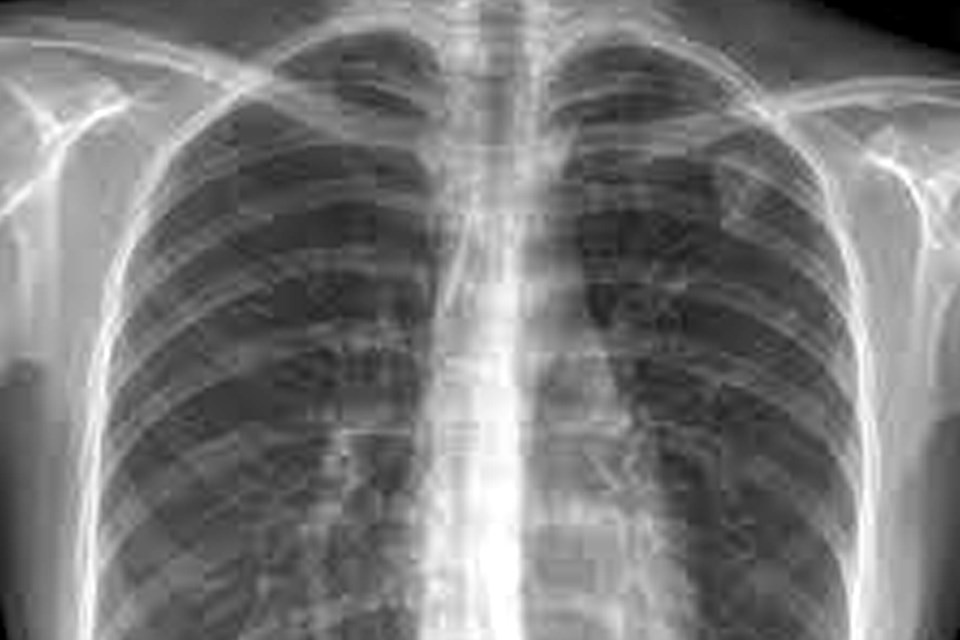Canada is falling behind on staying up-to-date with newer treatments for what is still one of the deadliest infectious diseases in the world: tuberculosis.
An article in the Canadian Medical Association Journal (CMAJ) published Monday said Canada needs a national strategy to beat tuberculosis (TB), a serious bacteria-borne illness that mainly affects the lungs.
After COVID-19, TB is regarded as the second leading cause of infectious death in the world (as of 2022).
The commentary was written by Adam R. Houston and Elizabeth Rea, associated with the School of Humanitarian Studies, Royal Roads University (Houston), Victoria, BC; and the Dalla Lana School of Public Health (Rea), University of Toronto. Rea is the co-chair and Houston is a member of the Steering Committee for Stop TB Canada (both unpaid positions).
The key points argued by Houston and Rea is that there are newer regimens for providing faster, safer and more efficient treatments for tuberculosis. There is a special concern about drug-resistant tuberculosis (DR-TB).
They also argue that some of the newer treatments, although they are decades old, are not being marketed in Canada.
They also argued that new tools such as the Global Drug Facility (endorsed by the United Nations) and changes to Canadian regulatory structure can improve access in Canada for tuberculosis drugs.
Also Health Canada has recognized that TB is an especially serious disease among Canada's Indigenous populations.
The authors are also concerned that drugs that target DR-TB are not sold in Canada.
"Other TB drugs, particularly those used to treat DR-TB, are not marketed in Canada. None of the three TB drugs developed in the past 50 years — bedaquiline, delaminid and, most recently, pre-tomanid — is currently sold in Canada, because their makers did not apply for market approval," said the article.
The authors also revealed that access to some of the drugs can only be obtained through a temporary mechanism known as the Health Canada Special Access Program (SAP).
The authors said the SAP avenue was not a timely solution.
"The 2022 Canadian Tuberculosis Standards (2022 Standards) explicitly identified access via the SAP as an obstacle to timely access, given the substantial difficulties in obtaining drugs through this program," said the CMAJ article.
In their summation, the authors wrote that Canada needs a formal national strategy to acquire newer and more modern treatments.
"Stop TB Canada has called for a coherent National TB Elimination Strategy, covering multiple priorities like better surveillance and addressing social determinants of health, but also underscoring improving access to TB drugs.
"Ensuring reliable access to essential TB medicines in line with both domestic treatment guidelines and global standards must be a priority for Canadian governmental agencies. It’s time for them to act.
A full text copy of the CMAJ commentary can be accessed here.
